In an unprecedented move, Florida Gov. Ron DeSantis signed into law a restriction that has sent ripples across the nation. Starting Jan. 1, 2025, social media will be banned for kids 14 and under. This law positions Florida at the forefront of a national debate on the intersection of digital freedom, child safety, and parental control.
While it’s about keeping children safe from online predators, it’s also a response to growing concerns about social media’s impact on mental health and its addictive design features. However, it’s not exactly as black-and-white as that.
The Veto That Sparked Debate
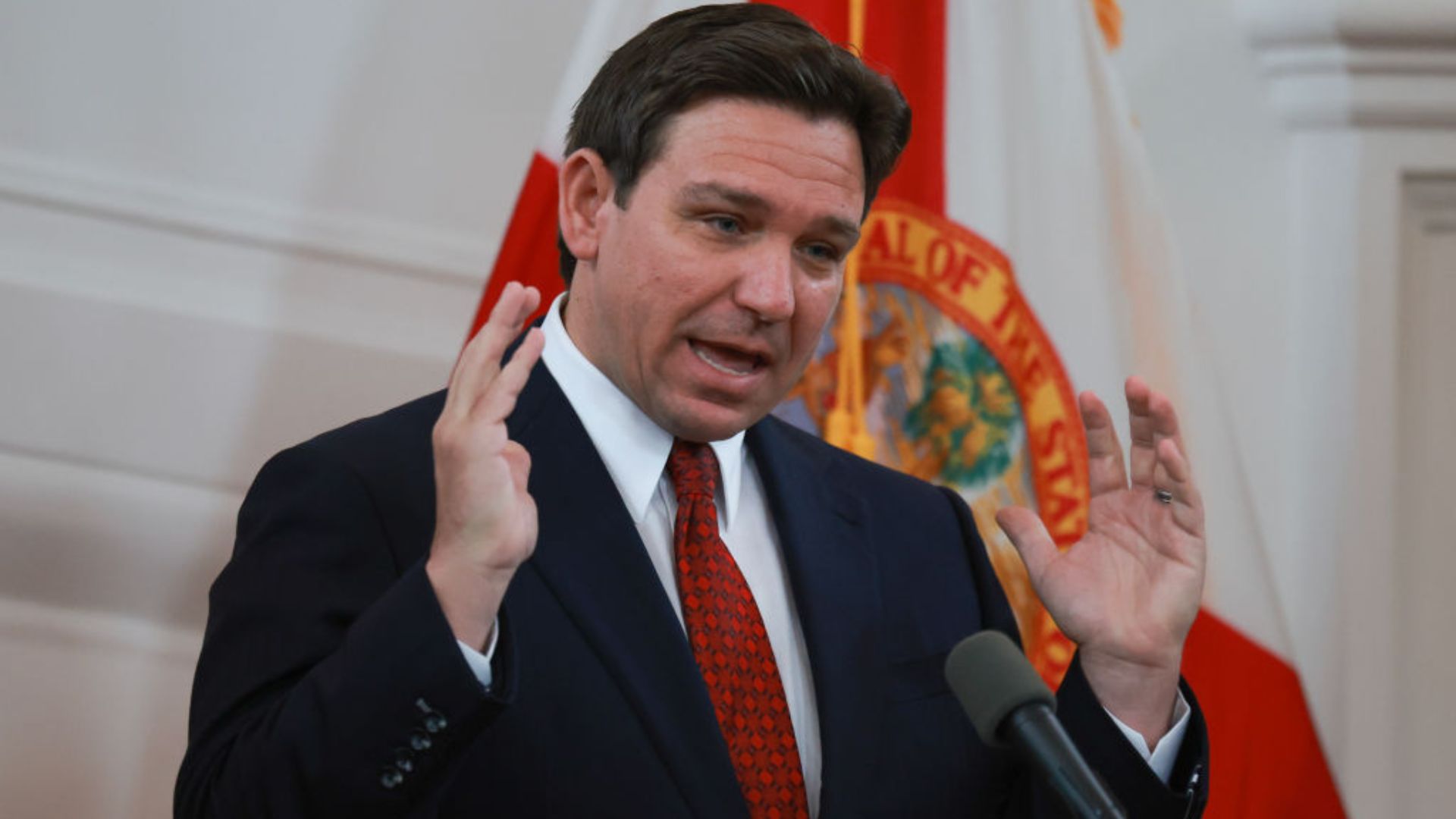
Gov. DeSantis initially vetoed a more stringent bill that would have barred all minors under 16 from most social media sites, emphasizing the need for parental discretion in these matters (via FLGOV).
This act of vetoing laid the groundwork for a nuanced discussion about the balance between government intervention in digital spaces and the rights of parents to oversee their children’s online presence.
Why the Concern?
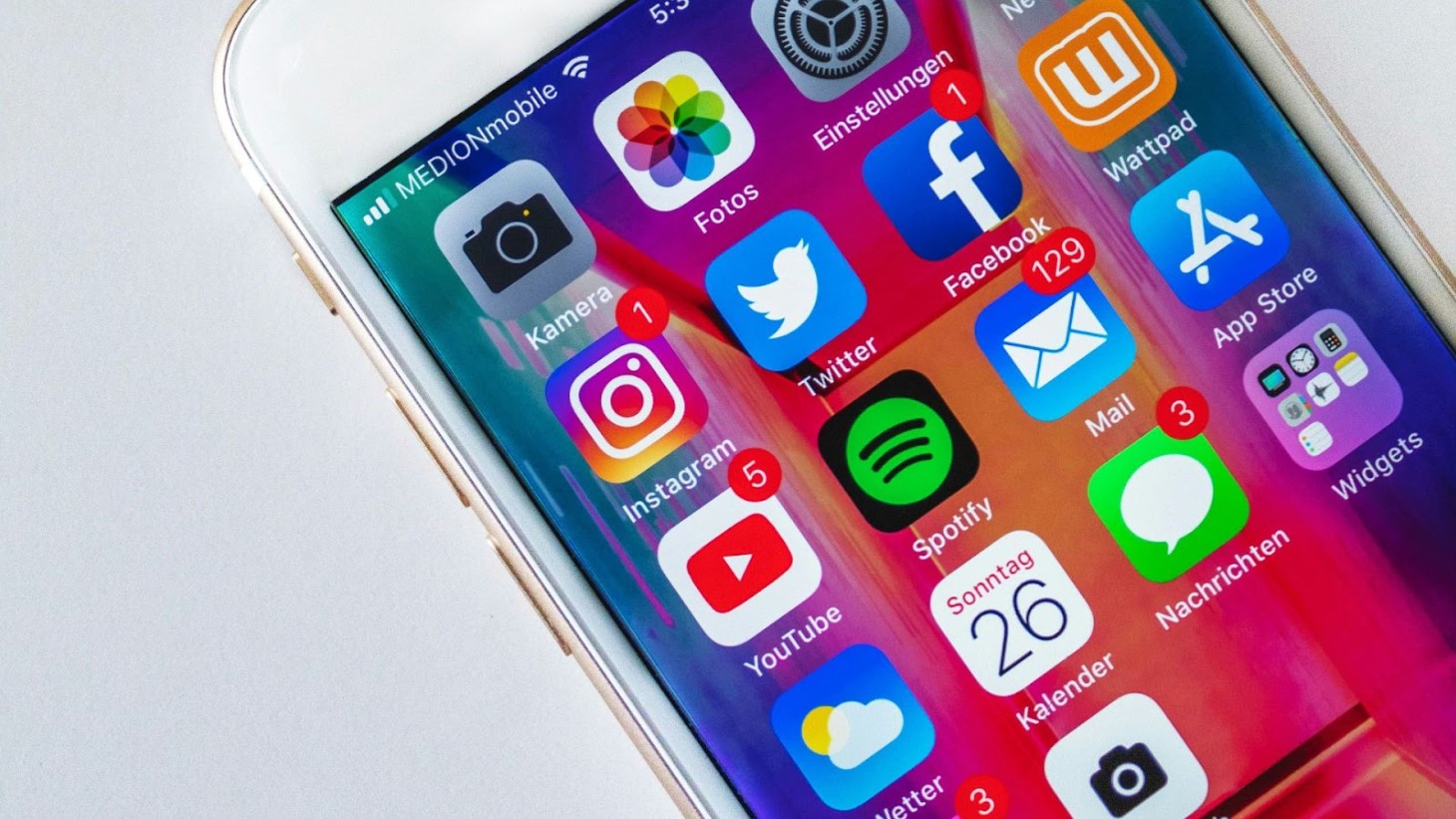
Per NPR, the core of the concern lies in the addictive nature of social media — endless scrolling, personalized content feeds, and the dopamine rush from likes and comments.
These platforms are under scrutiny for their potential to exacerbate mental health issues among young people, contributing to a rise in anxiety, depression, and exposure to cyberbullying and inappropriate content.
Parental Rights and Responsibilities
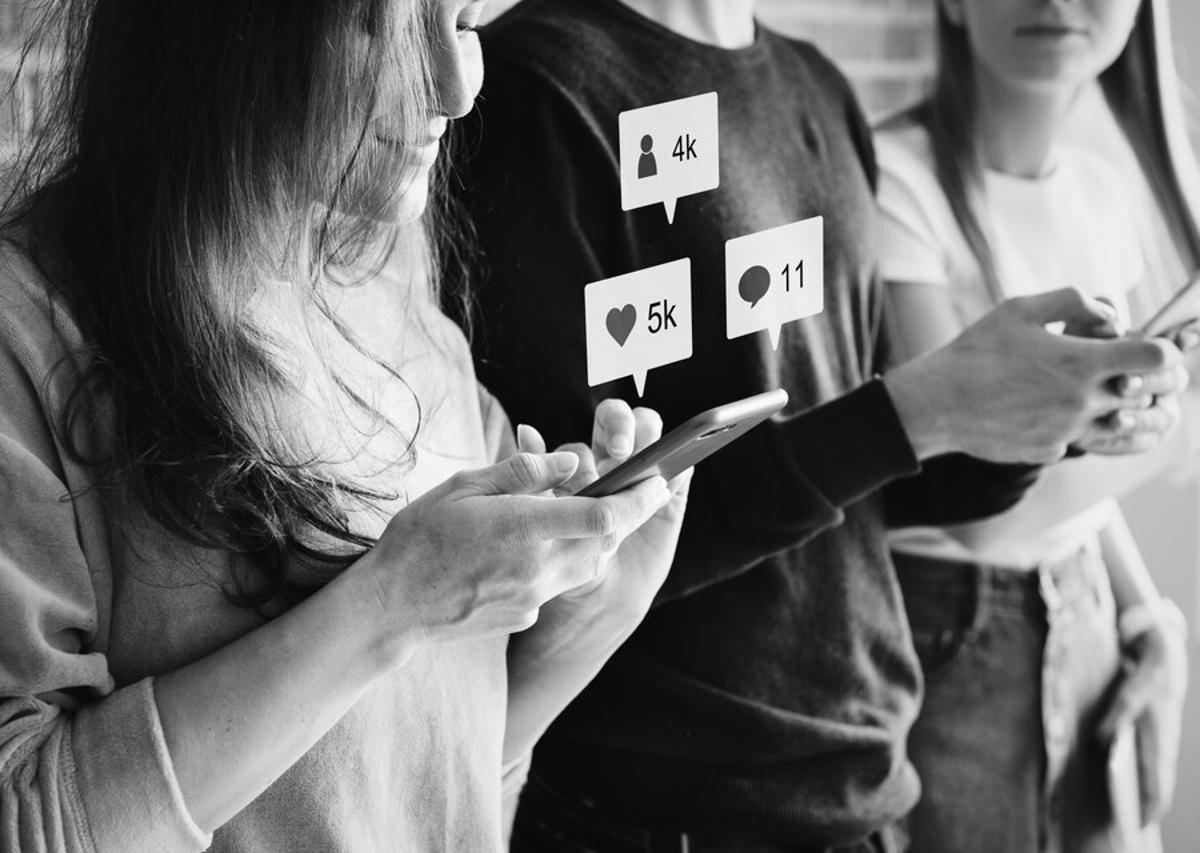
The newly signed law navigates the delicate balance between protecting minors and empowering parents (via The Daily Beast).
By requiring parental consent for social media use among 15 and 16-year-olds, it puts a belief in parental rights to guide their children’s digital interactions, though it raises questions about the feasibility and enforcement of such measures.
Legal and Constitutional Quandaries
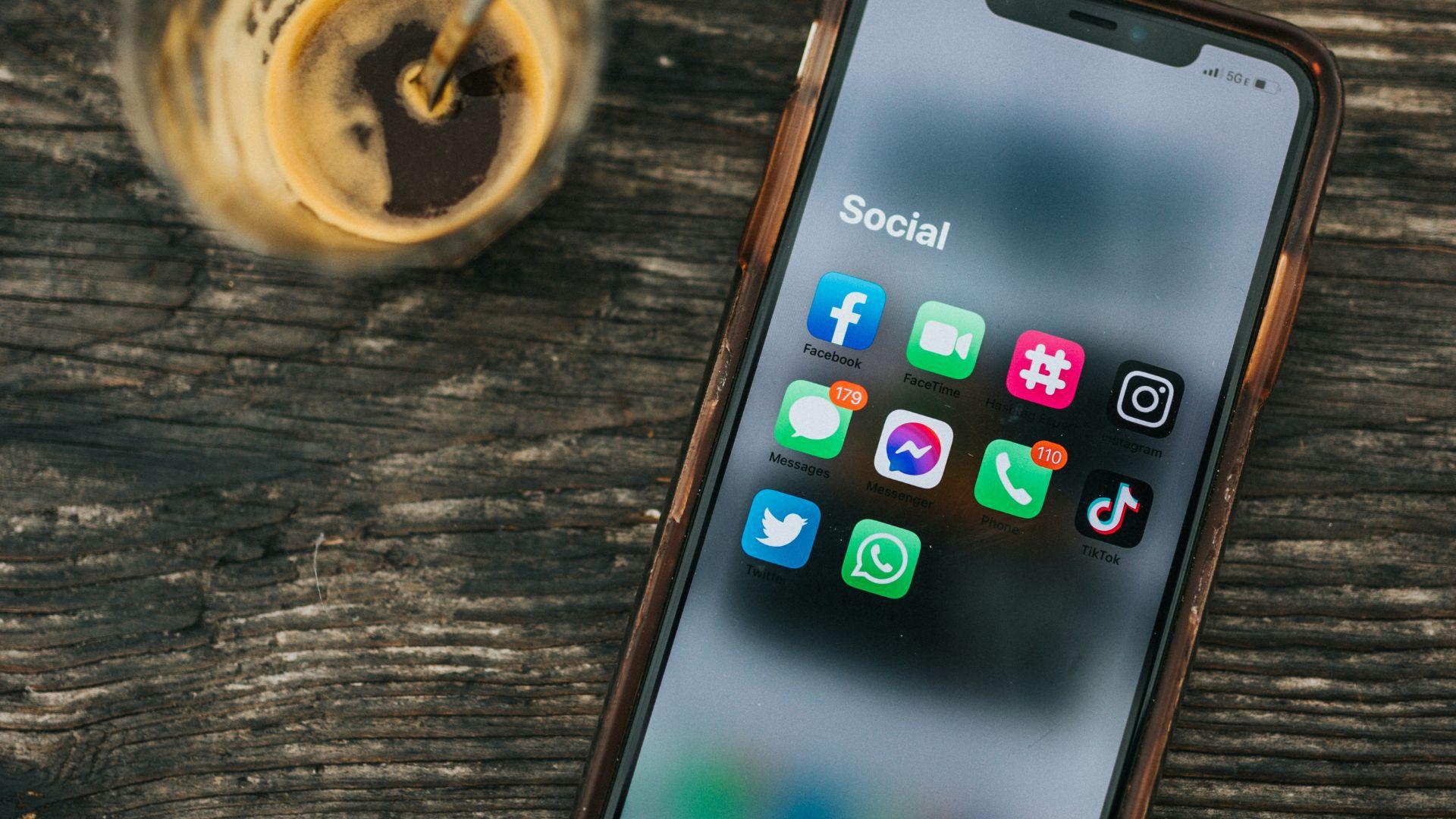
Critics argue that banning minors from social media could infringe on First Amendment rights, a stance supported by historical legal precedents against similar regulations (via Health News Florida).
This debate touches on the core of American values around free speech and the extent to which the state can impose restrictions in the name of protection.
Tech Giants in the Crosshairs
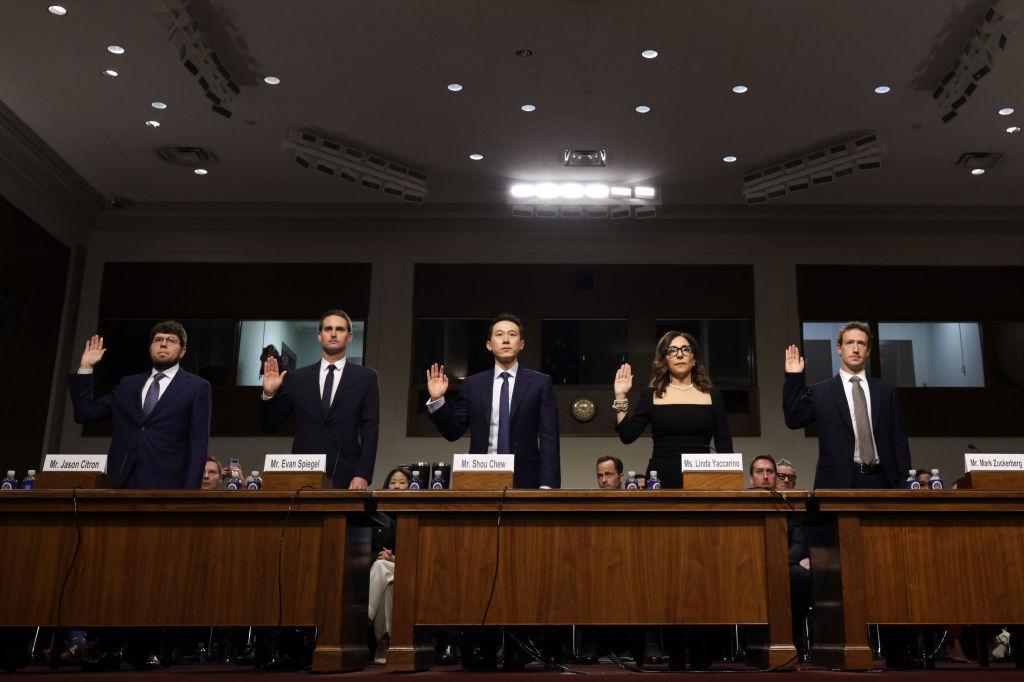
The legislation has put tech companies like Meta and TikTok on the defensive, prompting them to prepare for legal battles against what they view as unconstitutional restrictions on free speech and information access.
Their opposition displays the conflict between corporate interests and governmental efforts to regulate digital spaces (via Bloomberg).
The Dilemma of Age Verification
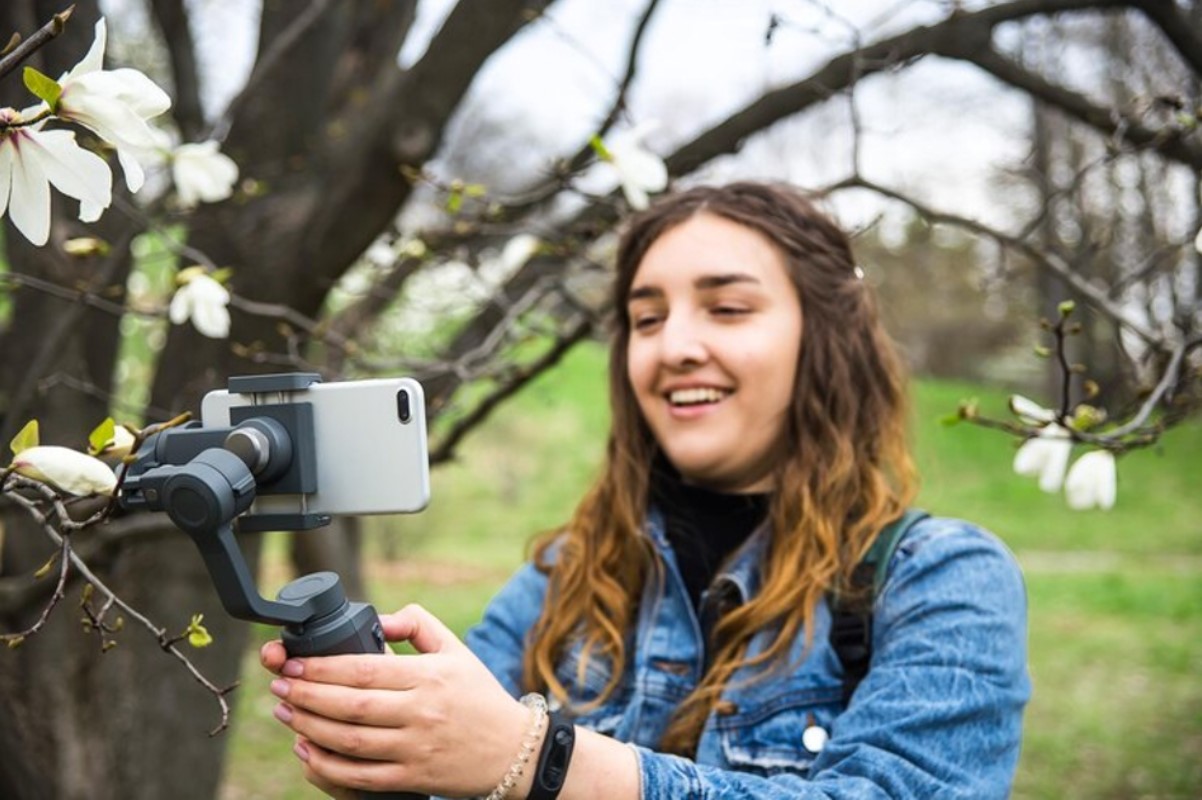
Implementing age verification raises complex questions about privacy, technical feasibility, and the unintended consequences of deterring adult users concerned about sharing personal information.
This requirement highlights the tension between the goal of protecting children and the practical challenges of enforcing such protections online.
A Nationwide Trend?
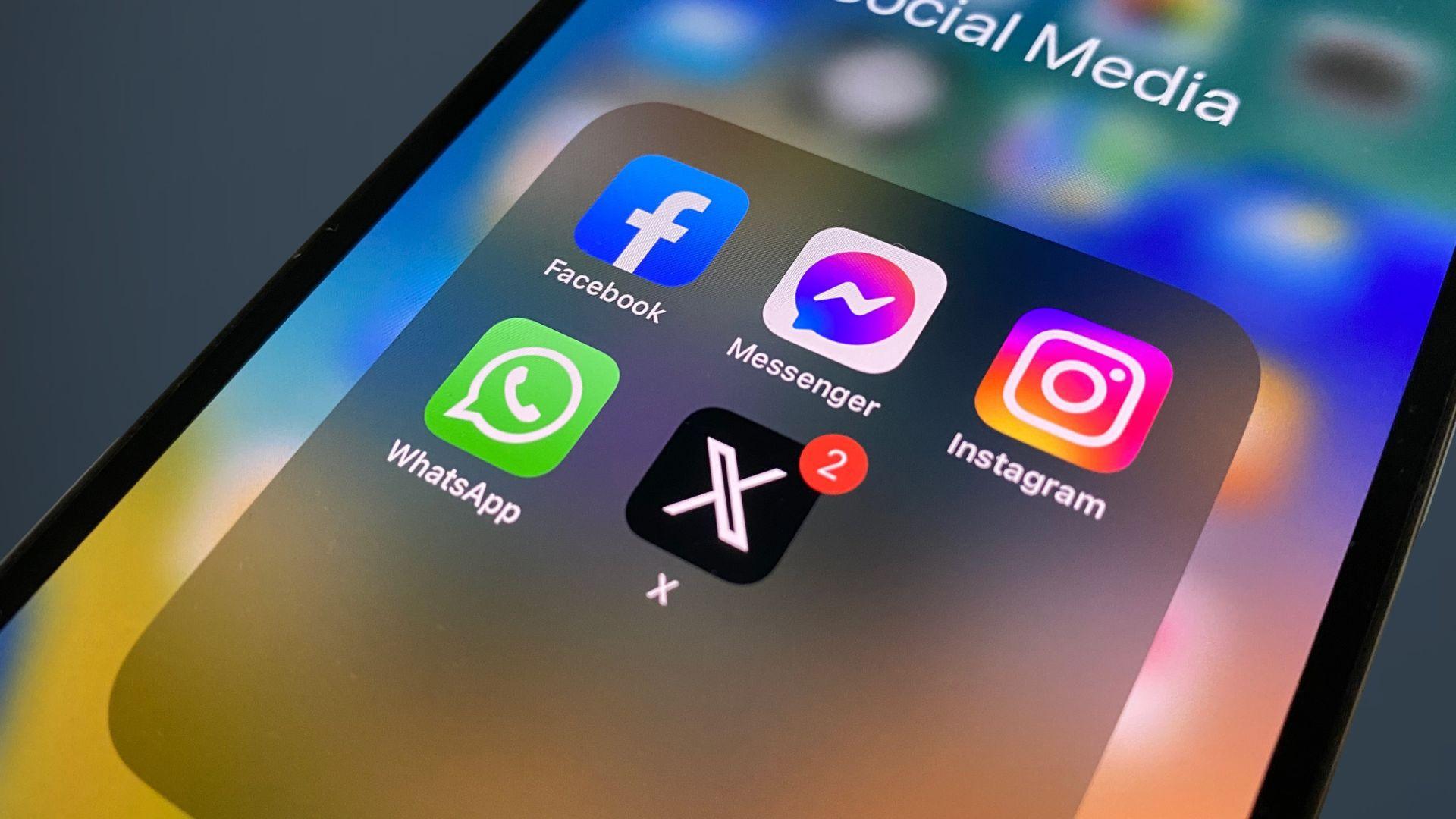
According to BNN Bloomberg, Florida’s law is part of a broader movement, with other states considering similar measures.
These efforts reflect a growing recognition of the risks posed by social media to minors, but they also highlight the legal and ethical challenges in crafting and implementing effective regulations.
The Global Perspective
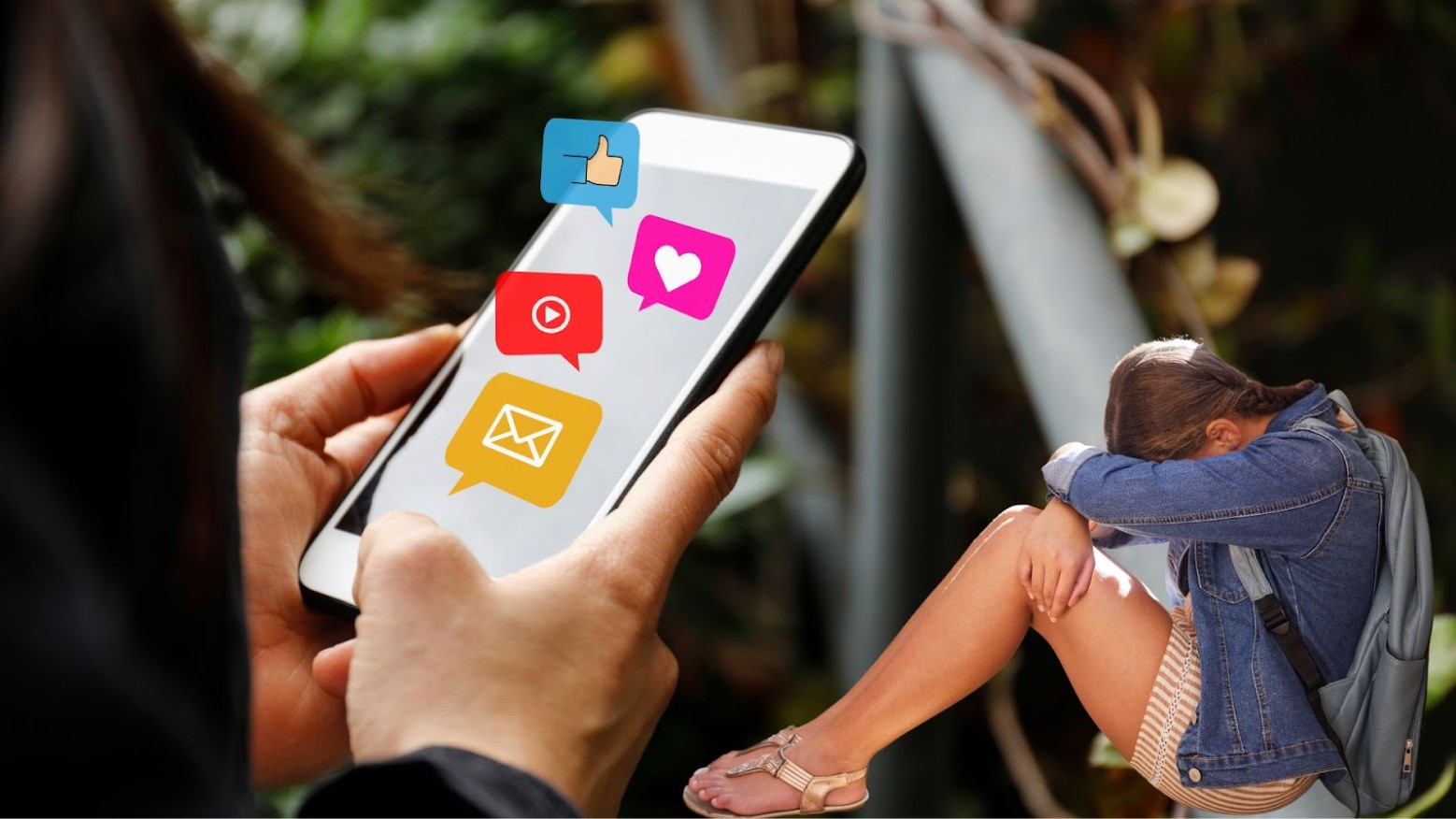
Internationally, the debate around protecting minors online is not unique to the U.S.
Countries worldwide are grappling with how to balance the benefits of digital connectivity with the need to shield young users from harm, making it a global issue that transcends borders and cultures (via UNICEF).
Experts Weigh In

Mental health professionals and educators offer mixed views.
While some support restrictions as a means to protect vulnerable youth, others call for more comprehensive strategies that address the root causes of social media addiction and its impacts, suggesting a more holistic approach is necessary (via Brookings).
What About the Kids?
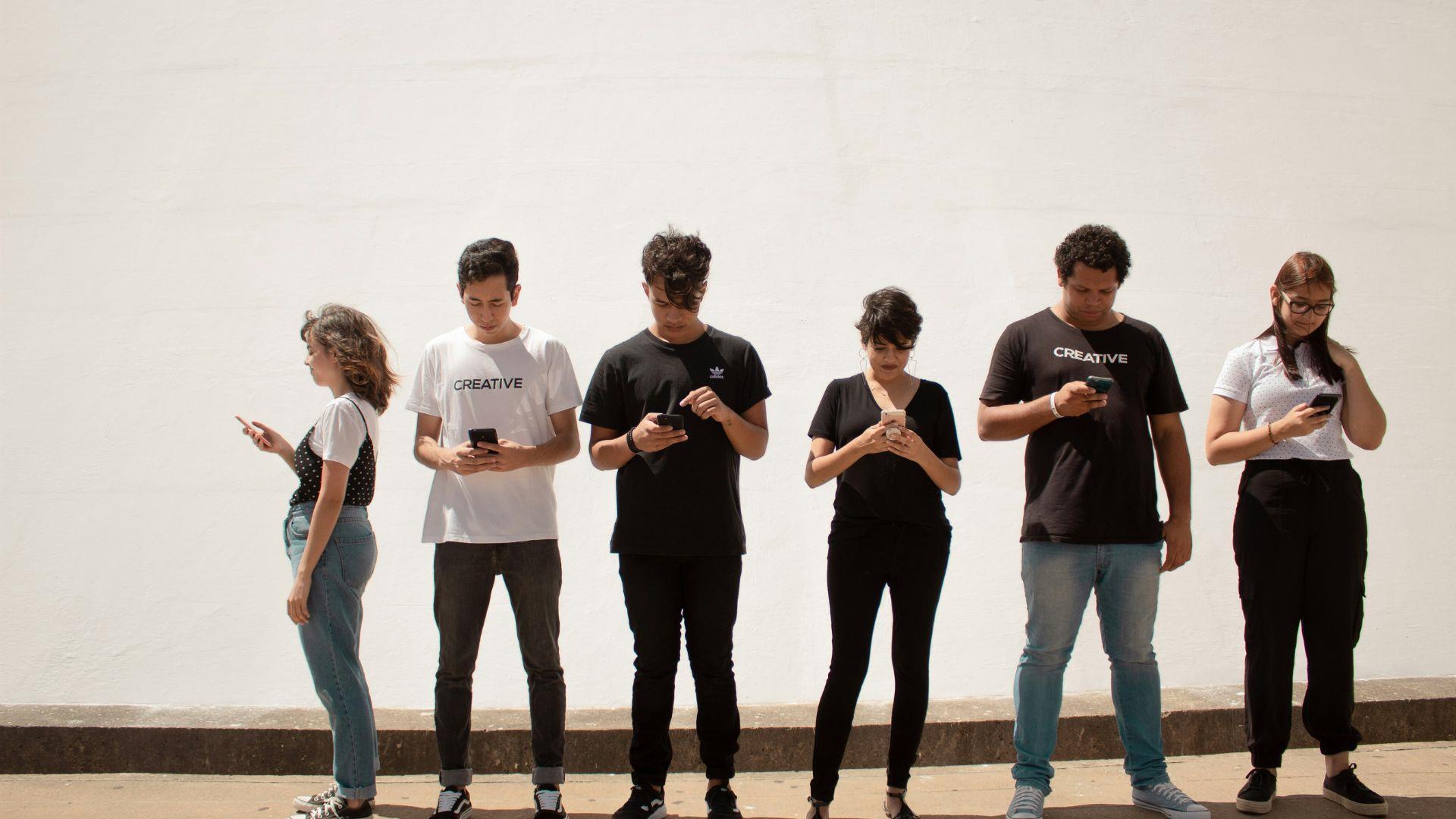
The voices of minors, the group most directly affected by these laws, are crucial to this conversation.
Their perspectives shed light on the positive aspects of social media, such as community building and self-expression, and challenge us to consider whether a ban is the most effective solution.
Looking Forward
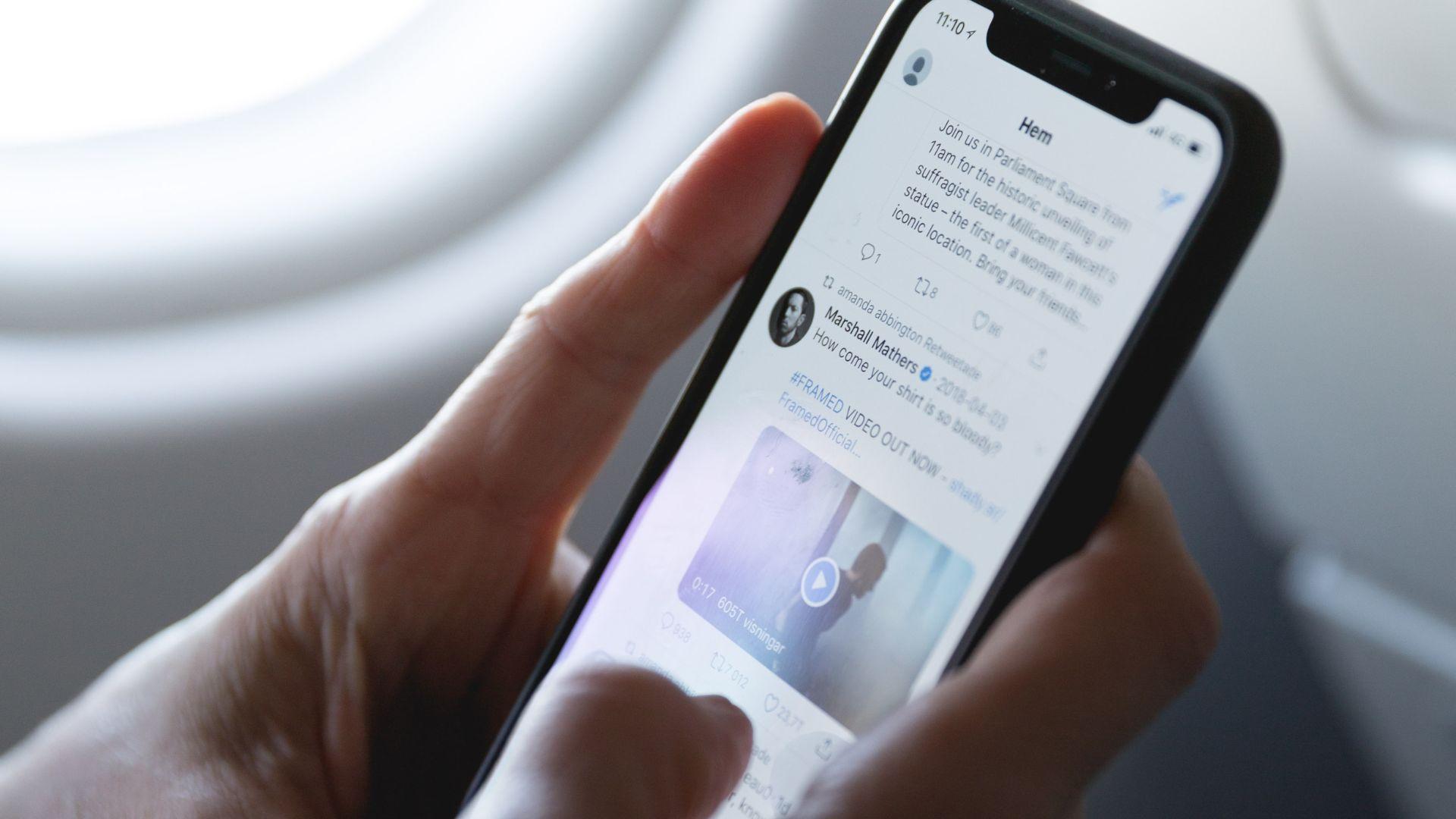
As Florida gears up to implement this groundbreaking law, the nation watches with bated breath.
The outcomes of the legal challenges ahead will not only shape the future of social media use among minors in Florida but could also set precedents affecting digital freedom and child protection nationwide. However, its actual effectiveness will remain to be seen for some time.








































